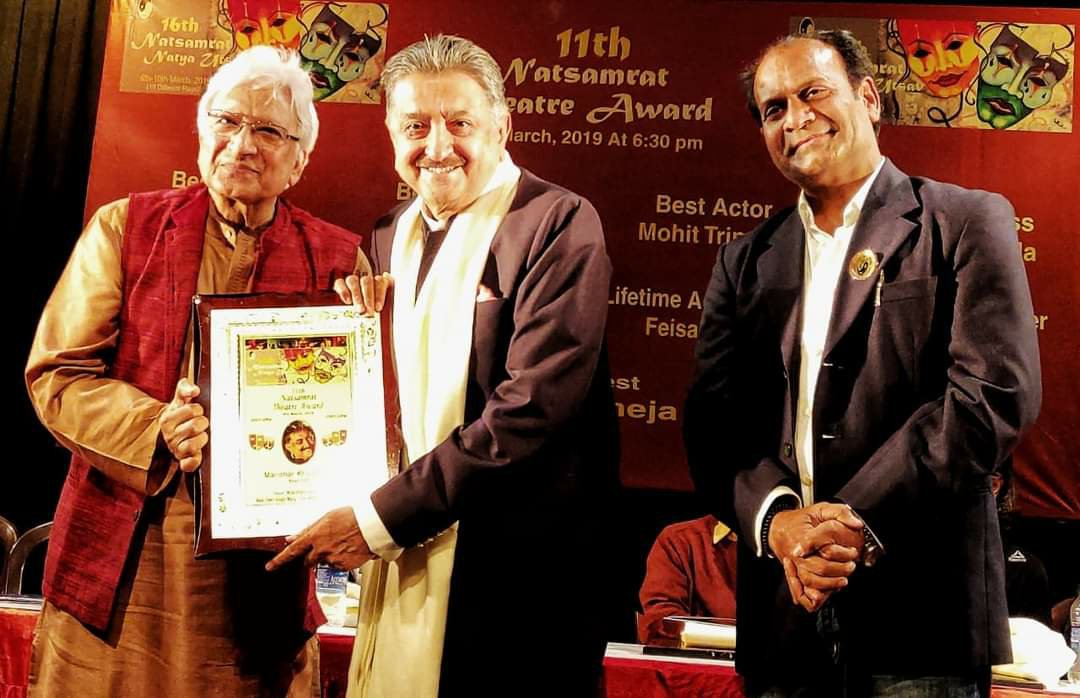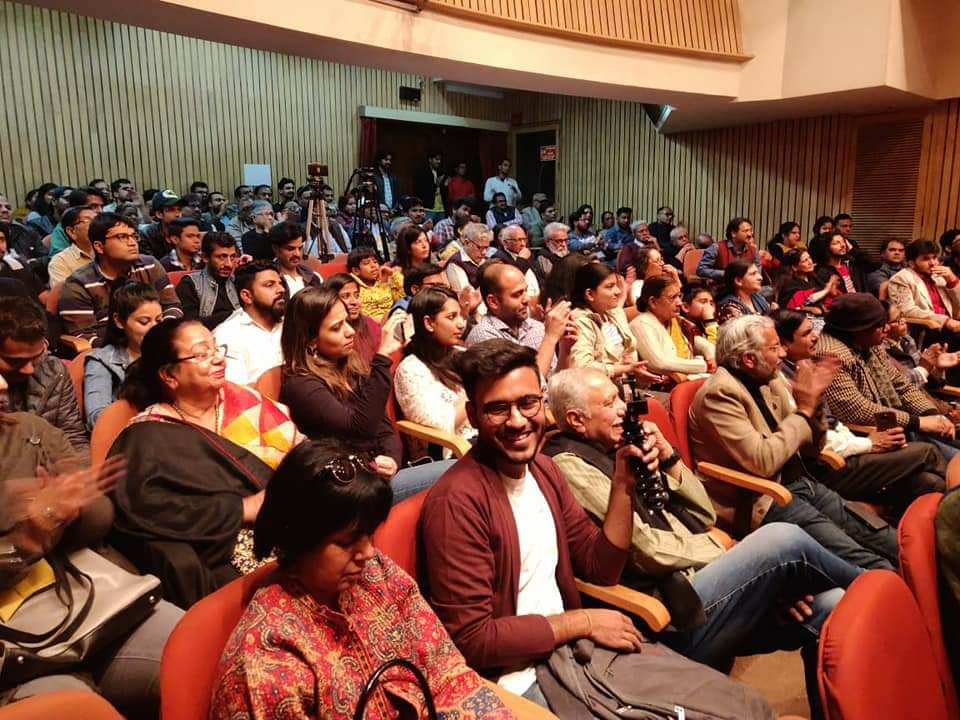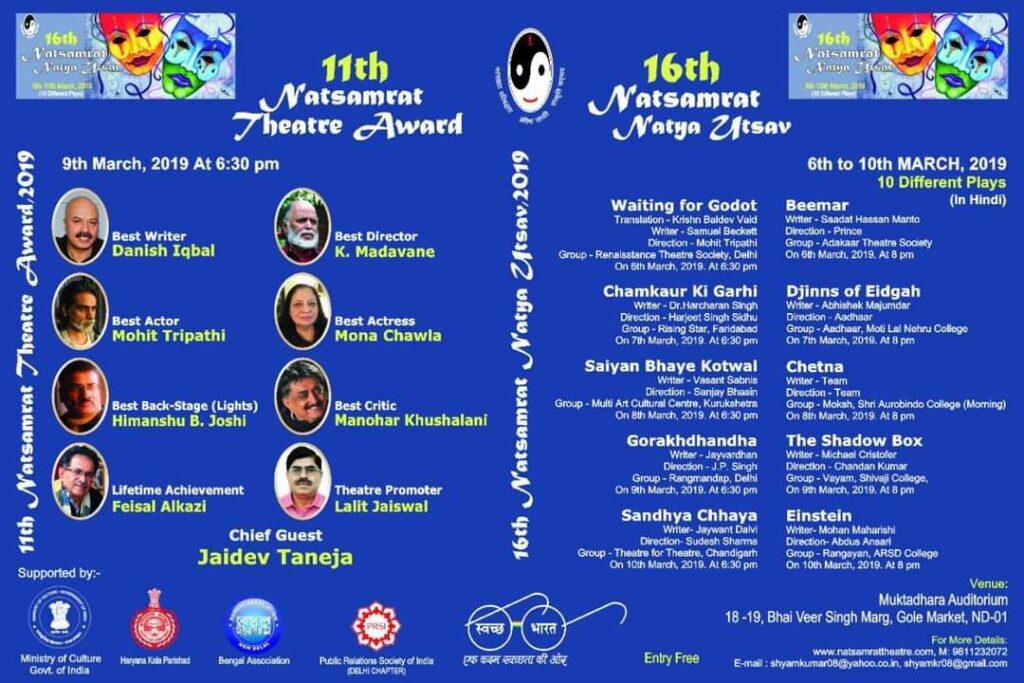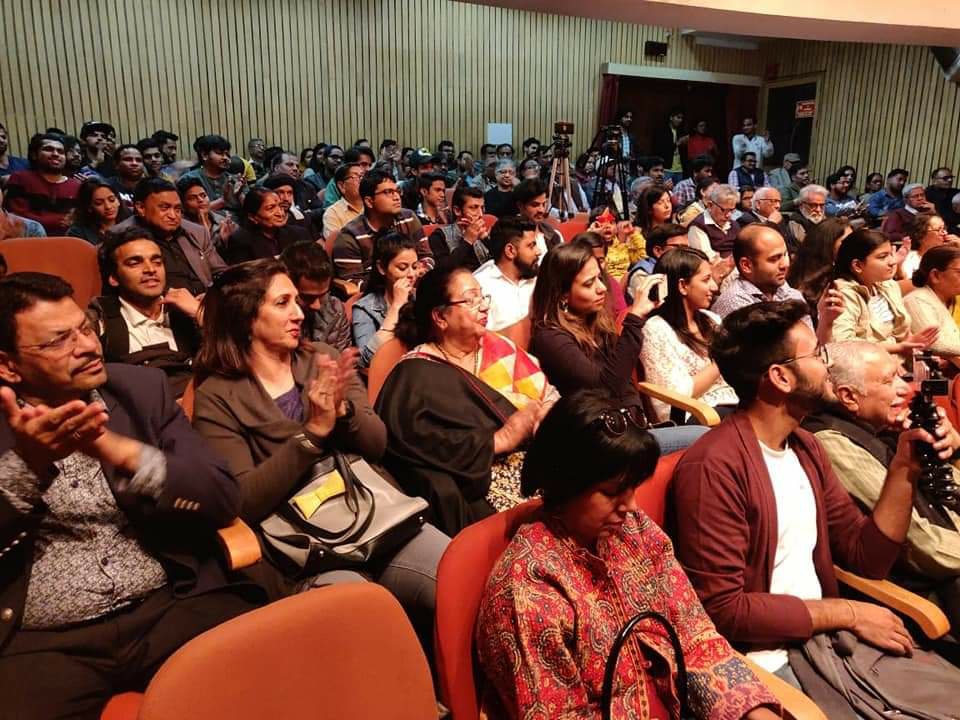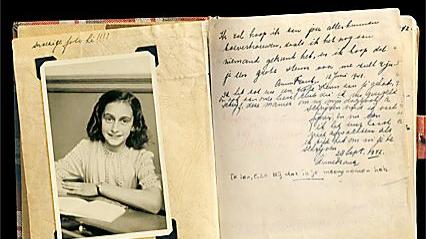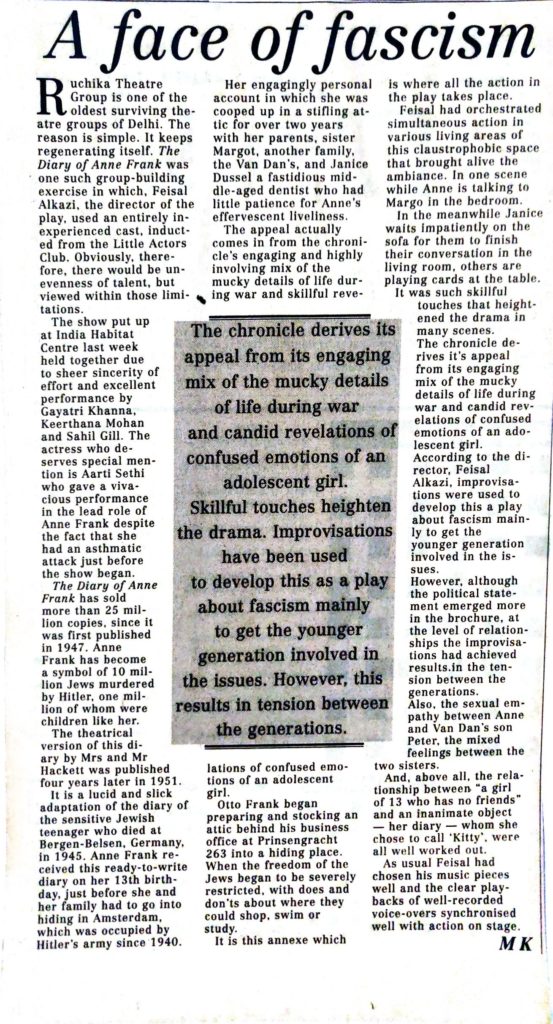Looking at Alternate Spaces for Performance in Delhi – NCR
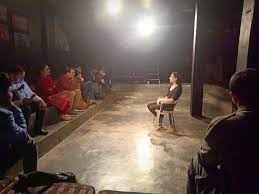
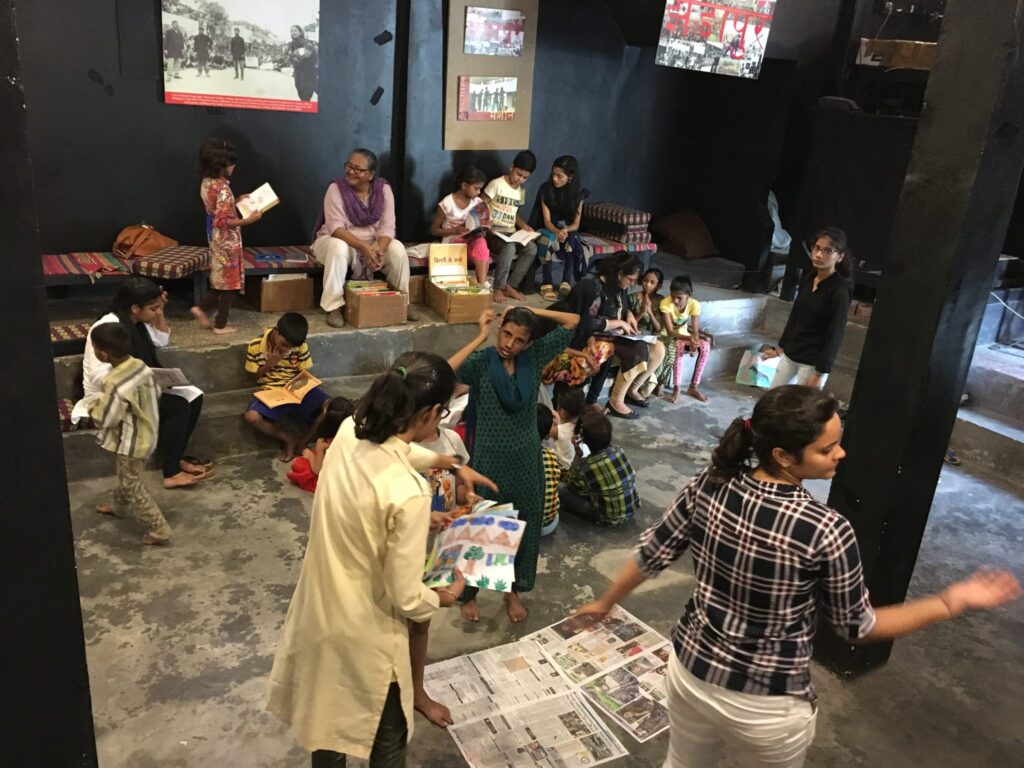
Putting up any production can be most daunting for most theatre practitioners in India. It is customary for most Indian directors who many times, run small amateur theatre groups to not only foot all bills but also look after the needs of the artists involved. The most challenging of this cost is that of the auditoriums. Most proscenium auditoriums in Delhi and Gurgaon can cost anywhere between 15,000 ( around $220) to 1,00,000 ( around $950) depending on its size and capacity. Furthermore, there is a long waiting list to get the required dates, most weekends getting booked almost a year ahead! Hence, the supply versus the demand is either beyond one’s means or it requires tremendous patience for the group to perform.
The need for finding alternate spaces for performances hence is rapidly growing which is being met to some extent by a few in India. There are several around Mumbai but here the article will focus on two spaces created. The first one in that of the group, Rang Parivartan, in the growing rich cosmopolitan Gurgaon created by Mahesh Vasistha and the second one , the Teesri Manjil, of Ruchika Theatre group, created by Feisal Alkazi in South Delhi. It is important to focus on these two spaces, as the city of Delhi besides being the capital of India, is the Mecca of theatre training, while Mumbai largely focuses on film production and the thriving industry of Bollywood.
Delhi, has been timelessly known for its intense theatre training that is both affordable and also provides the correct knowledge to the aspiring actors. The prestigious National School of Drama is situated here, along with Sri Ram Centre, the school of Arts and Aesthetics at Jawaharlal Nehru University that offers not only the masters course in performance studies but also a Ph.D in theatre and also the newly formed Ambedkar University that offers bachelors and masters in Performance studies are also located here. Besides this we also have an a diploma course offered in theatre by Indira Gandhi Open University, that is lesser than $25 for six months, as an distance program.
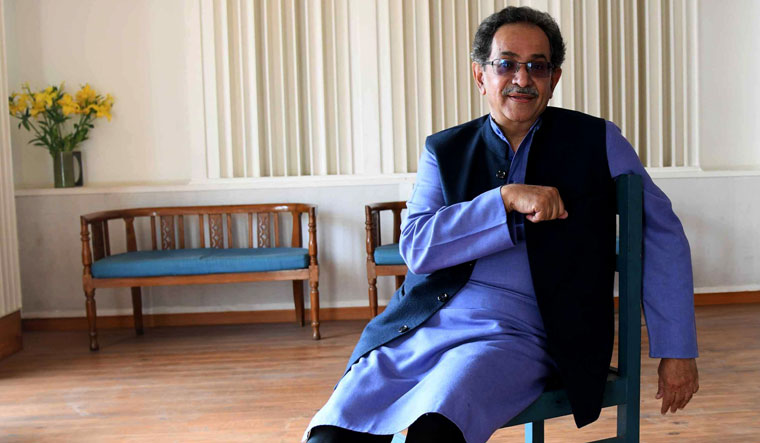
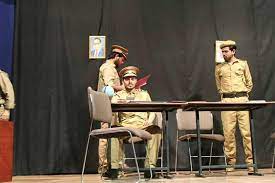
As training in theatre is of high value in Delhi, there is a need for students to experience the stage as much as possible. It becomes impossible for students to do theatre without the experience of a stage,lights or sets. Both Mahesh Vashistha and Feisal Alkazi have found the answers and that too within their own homes! Both these thespians have created beautiful auditoriums within the upper floors of their homes. Both these spaces are intimate and are not open for the public, which in other words means is not for commercial gains but rather for training and also for holding small intimate shows for a discerning audience.
Feisal is of the opinion that one must allow theatre to enter homes and allow the audience to become a part of his large family. He says, ‘ Most actors have been with me for as much as 25 years and above and they have been an integral part of my life, hence I see new audiences as the same. I am just extending the Teesri Manjil,or my third floor to my family who should not be taken as some disconnected people.’ Radhika Alkazi echoes much the same as she receives each one of her guests with warmth and enthusiasm and both she and her son Arman take immense joy in serving each guests fresh home made kebab rolls, biryani and wine.
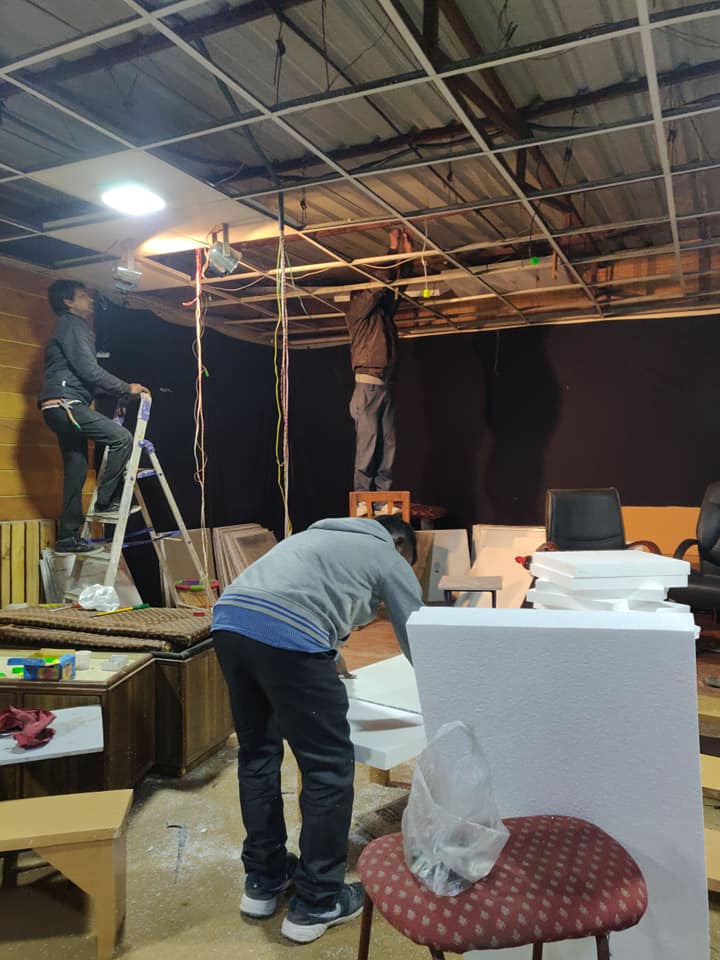

Mahesh Vashistha whose students have painstakingly made the auditorium with him extends his performance space free of charge to theatre practitioners not only across Delhi and Gurgaon but anyone who wishes to perform there. Both these auditoriums might seem like one as small steps but careful attention has been given both by Feisal and Mahesh regarding the technicals of an auditorium. Feisal has painstakingly thought of the lighting ( having over 20 set lights including pars and LEDS and a dimmer) and the correct sound proofing of the stage. Mahesh has not only kept the lights and stage setting in mind but has also kept the make up rooms in mind of the actors, and also has carefully insulated the place.
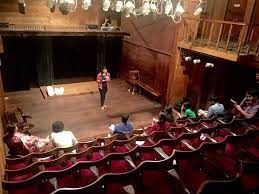
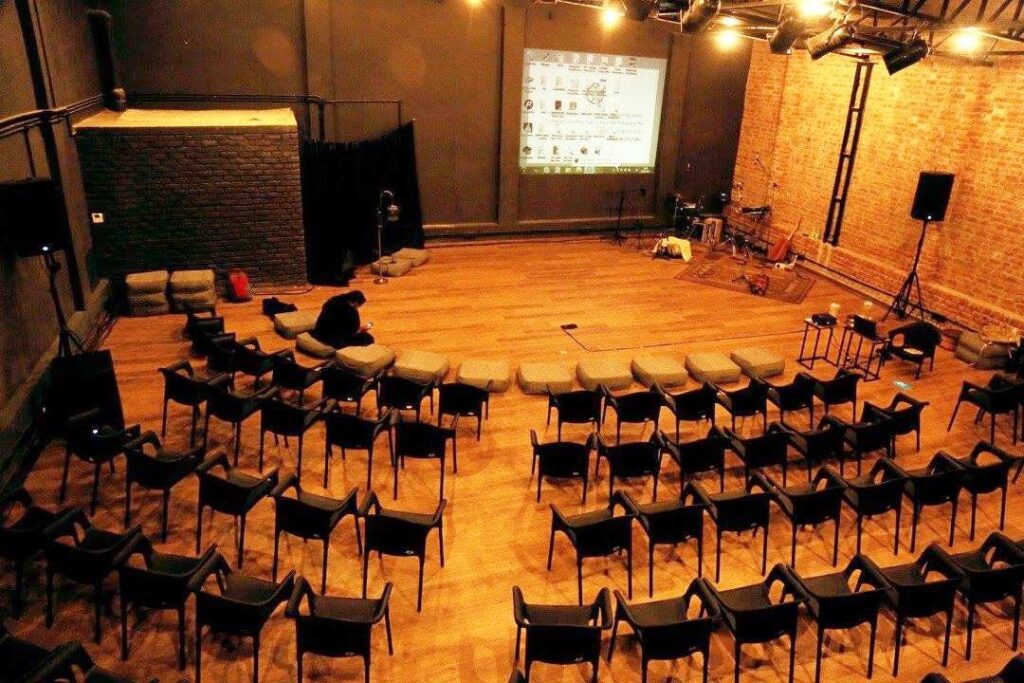
Actor Factor Studio
3rd Floor, 416/2 Ghitorni Market
It is heartening to see such magic being created and to be lucky even to have open access to these performance spaces. Such free flowing needs based training venues are going to bring more thespians to do the same with their homes. This will make as Feisal wishes and does, a family of theatre and not mere disconnected spectators who come and do not feel the intimacy of theatre due to the daunting presence of the mighty auditoriums.
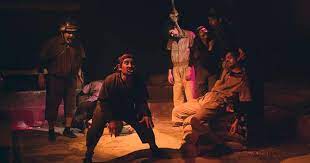

The informal performance spaces have come up because theater is becoming un-affordable because of lack of revenue and astronomical cost of auditorium spaces in Delhi. Leaving you images of some of these spaces which offer hope for survival of Amateur theatre in Delhi. More about it in the next piece by Gouri Nilakantan
